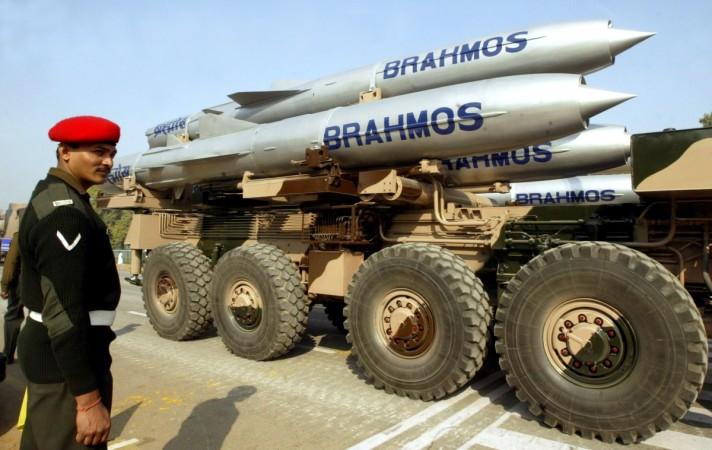
India, currently the world's largest arms importer, plans to sell its supersonic BrahMos missile to Vietnam, marking a paradigm shift that is being seen as a response to neighbour China's rising military muscle-flexing in the region.
Besides, India is also eyeing countries such as Indonesia, South Africa, Chile and Brazil to sell the advanced cruise missile system. The cruise missile are considered as the world's fastest that can travel at a speed that is more than three times the speed of sound.
Brahmos missiles are manufactured by BrahMos Aerospace, an Indo-Russian joint venture.
The export of the missile system is also aimed at increasing the defence capabilities of India's partners in the region, apart from increasing India's revenues from arms exports, Reuters reported.
"Policymakers in Delhi were long constrained by the belief that advanced defence cooperation with Washington or Hanoi (Vietnam) could provoke aggressive and undesirable responses from Beijing," Jeff M Smith, director of Asian security programmes at the American Foreign Policy Council in Washington, was quoted as saying by the agency.
Vietnam had sought to buy the supersonic missile in 2011, but India was reluctant to sell, fearing China, which views the weapon as destabilising. However, things have changed after Prime Minister Narendra Modi was voted to power in May 2014.
"Modi and his team of advisors have essentially turned that thinking on its head, concluding that stronger defence relationship with the U.S., Japan and Vietnam actually put India on a stronger footing in its dealings with China," Smith said.
Defence exports by India have increased significantly in the past few years. In a statement on Dec. 11, 2015, the Modi government said that while the full year exports stood at Rs 686.27 crore in 2013-14, the figure for the first half of 2015-16 was Rs 695.70 crore.
The 34-nation anti-proliferation Missile Technology Control Regime (MTCR) has agreed to admit India to the group, diplomats said following the talks between Prime Minister Narendra Modi and U.S. President Barack Obama earlier this week.
India gaining membership of the MTCR may also strengthen the case of it gaining entry to the Nuclear Supplier Group (NSG), another non-proliferation body. However, China has been trying to block India's entry to the NSG.

















